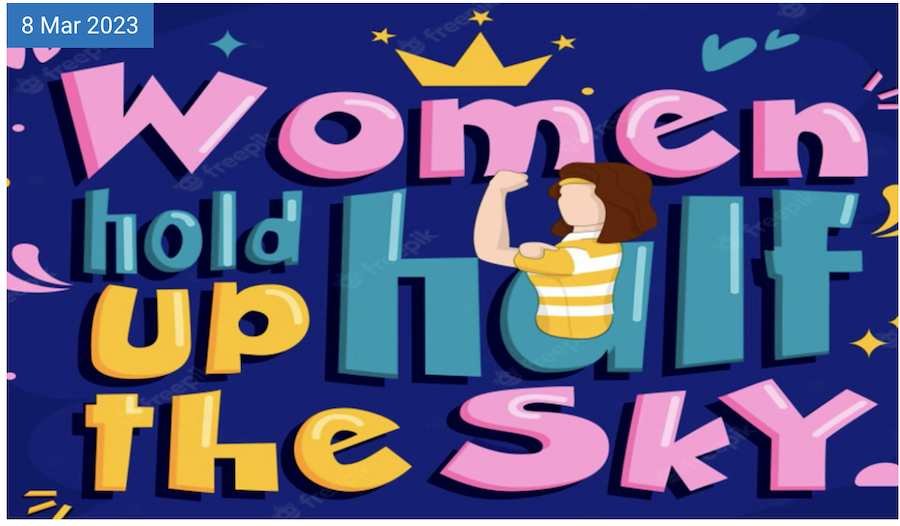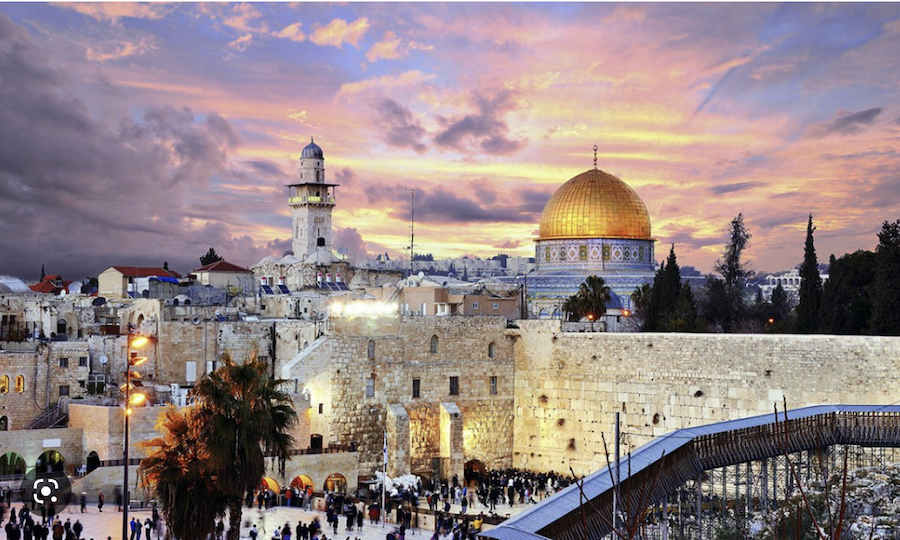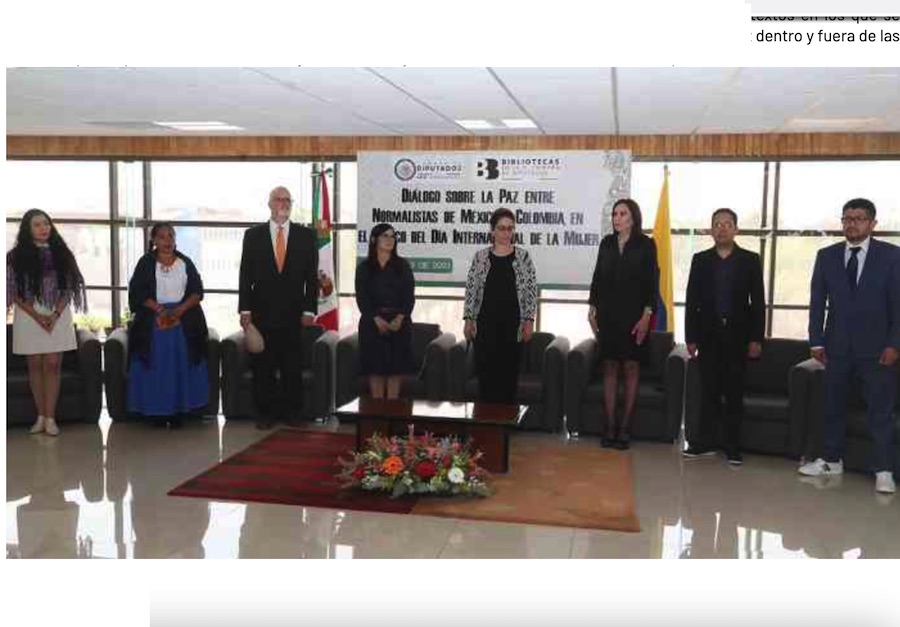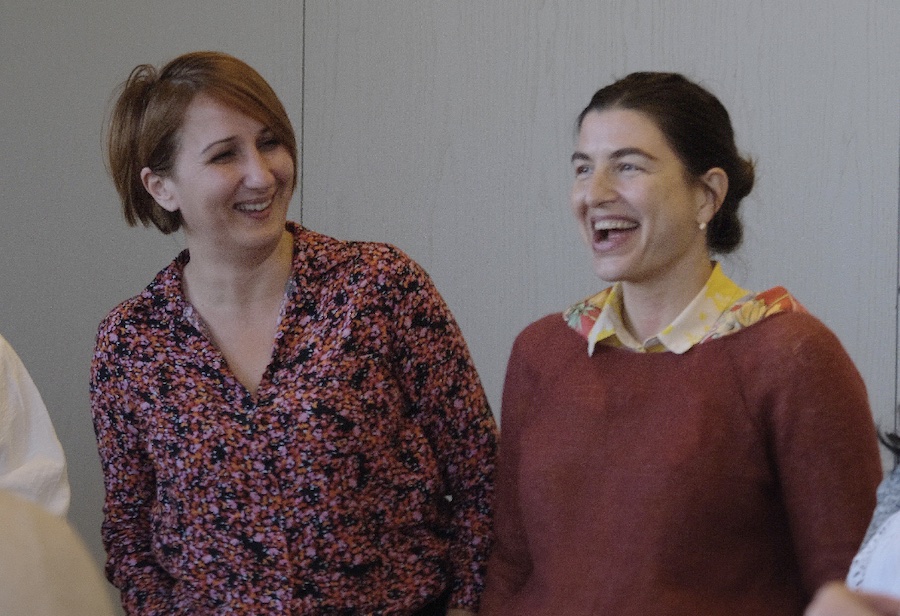.. DEMOCRATIC PARTICIPATION ..
A press release from the Inter-Parliamentary Union
At the 146th Assembly of the Inter-Parliamentary Union (IPU) in Manama, Bahrain, parliamentarians representing close to 140 countries adopted by consensus the Manama Declaration Promoting peaceful coexistence and inclusive societies: Fighting intolerance and a landmark resolution on Cybercrimes: The new risks to global security.
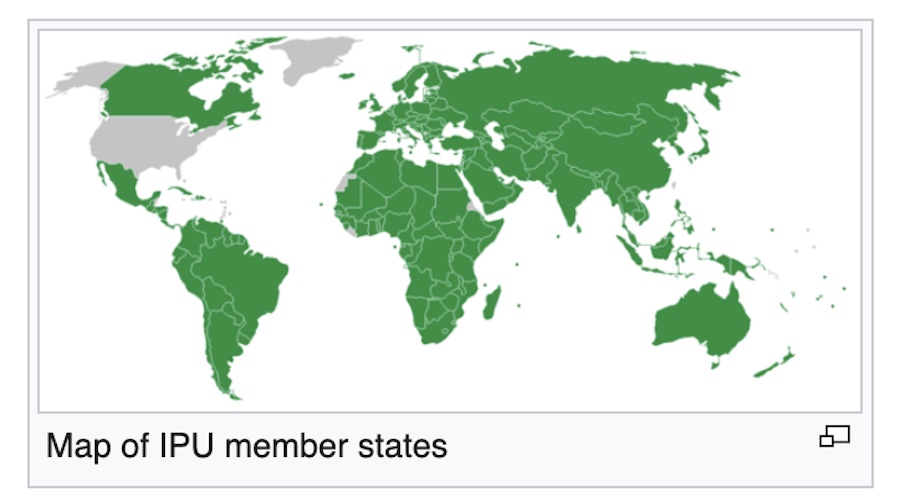
Map from Wikipedia. The United States withdrew from the IPU in September, 2000. Reasons for continued absence are listed by Heritage Foundation.
The Manama Declaration: A message of hope
The Declaration follows a debate in which a record 151 parliamentarians spoke before an audience of their peers from every corner of the world.
In the Declaration, the parliamentarians pledge “to fight inequality through rights-based economic and social policies that put people before profit and the weak before the strong, and that uphold the equality and dignity of every person.” The declaration also urges parliamentarians “to implement the Sustainable Development Goals by 2030 – leaving no one behind – as the best hope for peace, democracy and sustainable development for all.”
The Declaration is a message of hope which calls for a more tolerant world where diversity is celebrated, and where every human being is recognized for their contribution to society.
It also calls for parliamentarians to make “hate-motivated acts and all forms of violence linked to religion, belief, xenophobia, racism or intolerance of marginalized groups an offence under the law”
Cybercrimes: The new risks to global security
The IPU resolution is timely given the increase in cybercrimes worldwide due to a growing reliance on technology and the digitalization of many aspects of life, which accelerated during the COVID-19 pandemic. It also means that a forthcoming United Nations convention on cybercrime, expected in 2024, will have direct upstream input from parliaments.
There is no comprehensive definition of cybercrimes. According to the United Nations Office on Drugs and Crime, cybercrimes are acts that violate the law and are perpetrated using information and communications technologies. Aside from attacks on computer systems, they include a wide range of other acts that can be facilitated by technology, including online child sexual exploitation and abuse..
(continued in right column)
How can parliamentarians promote a culture of peace?
(continued from left column)
The resolution underlines the need for international cooperation to address cybercrimes, as well as to protect global peace, security and economic stability while upholding human rights, including freedom of speech.
The resolution emphasizes the responsibility of parliaments in building a regulatory framework to protect citizens in cyberspace in the same way as in the physical world. It notes that cybercrimes may constitute a serious threat to democratic processes, especially interference in elections through cybersecurity breaches or false social media accounts.
It acknowledges that women, young people and children are among the most vulnerable and suffer from the most aggressions on the internet.
The resolution is the result of a long consultative process, including a record 320 amendments received from Member Parliaments, often with opposing views, culminating in a final agreed text, demonstrating the importance and sensitivity of the issue today.
The resolution also shows that there is a growing appetite to include the voices of parliamentarians, as representatives of the people, in United Nations processes and conventions. The IPU resolution and the future United Nations convention should ultimately lead to stronger national legislation to combat cybercrimes.
Action on humanitarian crises
The Assembly also adopted an emergency item resolution on Raising awareness and calling for action on the serious humanitarian crises affecting the peoples of Afghanistan, the Syrian Arab Republic, Ukraine, Yemen and other countries, and on the particular vulnerability of women and children.
The resolution calls on the international community to collaborate to protect human lives, to alleviate suffering, to safeguard dignity, and to guarantee access to basic services such as food, medical care, water and shelter for all persons, regardless of their origins, through legal and policy measures at the national level.
Peacebuilding
With ongoing wars and multiple conflict situations around the world, the IPU stepped up its role at the Assembly as a global convener of parliaments, promoting dialogue and diplomacy between countries.
The IPU Task Force for the peaceful resolution of the war in Ukraine met again with high-level delegations of MPs from both the Russian Federation and Ukraine, separately, with a view to keeping parliamentary diplomatic channels open for future peacebuilding.
The IPU Committee on Middle East Questions brought together parliamentarians from the region, including MPs from Palestine and the first parliamentary delegation from Israel to visit Bahrain since the normalization of relations between the two countries through the 2020 Abraham Accords.
The IPU Group of Facilitators on Cyprus also met to take stock of and propose measures to soothe tensions on the island.


